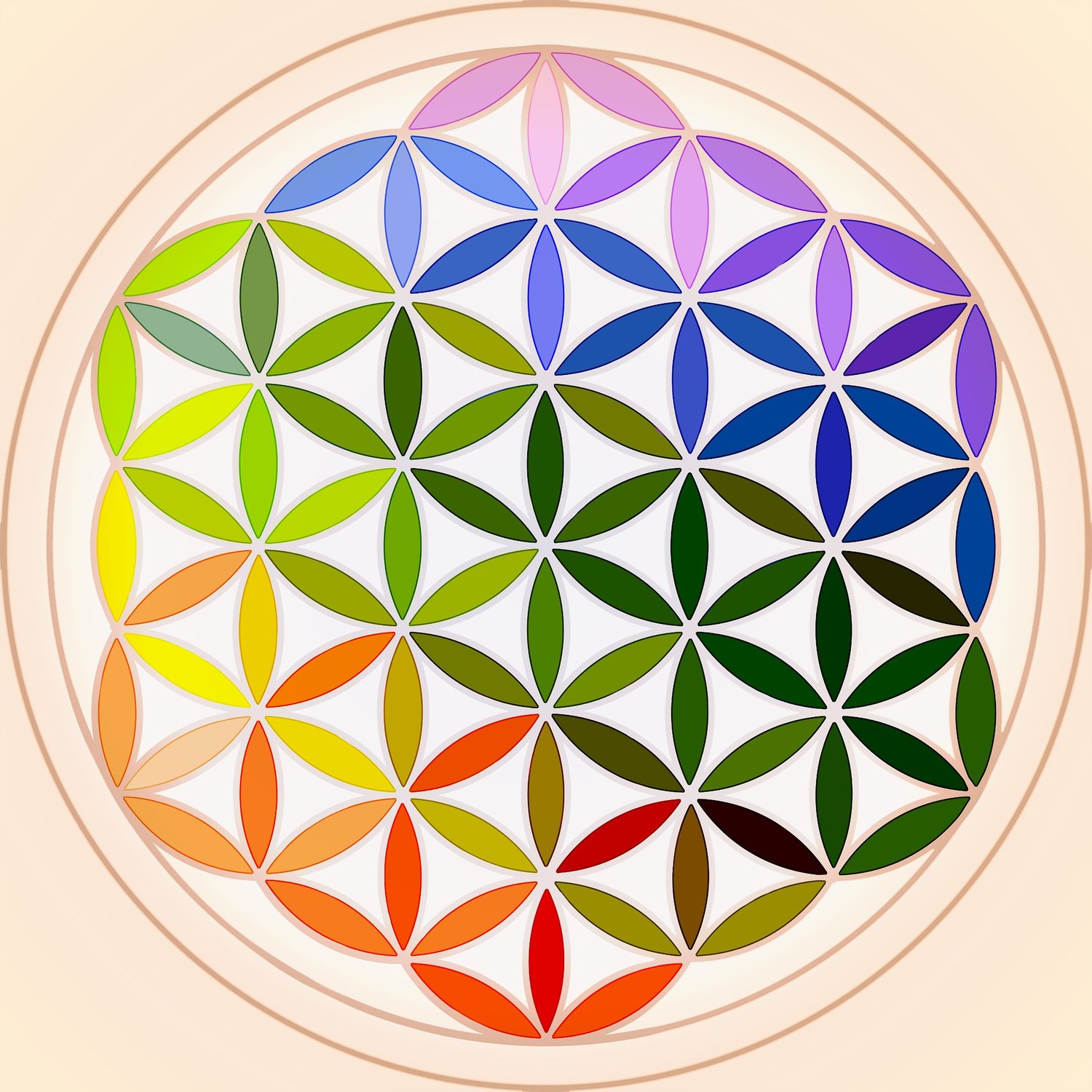Reiki (pronounced ray-key) is a Japanese energy healing practice that promotes relaxation, and healing. And while Reiki has roots in spirituality, over the past two decades researchers have studied it in hospitals, clinics, and academic settings to measure its impact on sleep, anxiety, pain, and overall quality of life.
Here’s what the research shows so far:
Reiki and Sleep
Several studies demonstrate that Reiki has measurable effects on sleep quality:
- Multiple sclerosis (MS) patients: In a randomized controlled trial, people with MS who received Reiki reported significantly better sleep quality and less fatigue. These improvements were measured using validated tools like the Pittsburgh Sleep Quality Index (PSQI) and the Fatigue Severity Scale (Sahraian et al., 2012).
- Epilepsy patients: Another clinical study found that Reiki improved sleep duration, reduced disturbances, and enhanced overall sleep quality in individuals with epilepsy. Participants also noted improvements in quality of life beyond sleep (Kundu et al., 2014).
- Nursing professionals: Even among healthy but stressed populations, Reiki appears to help. In one study, nurses who completed six weekly Reiki sessions fell asleep faster, reported fewer nightmares, and slept more hours per night (Diaz-Rodriguez et al., 2011).
What this means for you: If you struggle with restless nights or stress that keeps you awake, Reiki could be a natural way to improve your sleep quality. Better sleep sets the foundation for better focus, mood, and healing in every part of life.
Reiki and Anxiety
Anxiety reduction is another area where Reiki has shown consistent results. A meta-analysis of randomized controlled trials found that Reiki therapy significantly reduced anxiety, both in people with chronic illness and in the general adult population. Interestingly, moderate-frequency interventions (six to eight sessions) were the most effective for lowering anxiety scores PubMed
Reiki and Pain
Chronic pain is a major health challenge worldwide, and Reiki has been tested as a complementary therapy. A systematic review found that Reiki significantly reduced pain compared to control groups. This effect was seen across a variety of conditions, suggesting Reiki’s calming influence on the nervous system may be a key factor. PubMed
Reiki and Quality of Life
Quality of life is often measured in clinical research as a combination of physical, emotional, and social wellbeing. The meta-analysis by Liu et al. (2025) reviewed 11 randomized controlled trials involving 661 participants and found that Reiki therapy had a significant positive effect on quality of life compared with control conditions. The researchers noted that more frequent or longer Reiki sessions (eight or more sessions, or longer than 30 minutes each) produced the strongest results. PubMed
What This Means
While Reiki is still sometimes dismissed as “alternative”, the growing body of research shows it has real, measurable benefits: improved sleep, reduced anxiety, less pain, and higher quality of life. It also promotes relaxation at both a psychological and physiological level.
A note on Distance Reiki (Remote Healing)
Beyond in-person sessions, there is growing scientific interest in distance or remote Reiki — healing where the practitioner and client are not physically present together.
Some key findings and links to the articles:
- A pilot study during the COVID-19 pandemic with frontline healthcare workers found that four daily remote Reiki sessions (20 minutes each) significantly reduced stress, anxiety, and pain, and improved sleep and wellbeing. PubMed
- Oncology patients who received nightly remote Reiki (30 minutes, over five nights) reported significantly less pain, anxiety, and fatigue compared to a control group. PubMed
- Healthy individuals also benefited: in one study of 180 people, 20-minute remote Reiki over 4 consecutive days led to improvements in holistic well-being, vitality, and positive mood. These benefits were sustained one week later, as measured by the Holistic Well-Being Scale (HWBS), the Positive and Negative Affect Schedule (PANAS), and the Subjective Vitality Scale (SVS) PubMed.
Final Thoughts
The research supports what Reiki practitioners have known for decades: Reiki supports the body and nervous system in amazing ways. From better sleep to less anxiety and pain, the benefits are real, and they’re accessible to anyone who wants to experience them.
Ready to Experience It for Yourself?
You can book a remote Reiki session with me and experience these benefits firsthand, right from the comfort of your home.
Book a single session or bundle here: https://elenashur.hbportal.co/public/reikibundle

